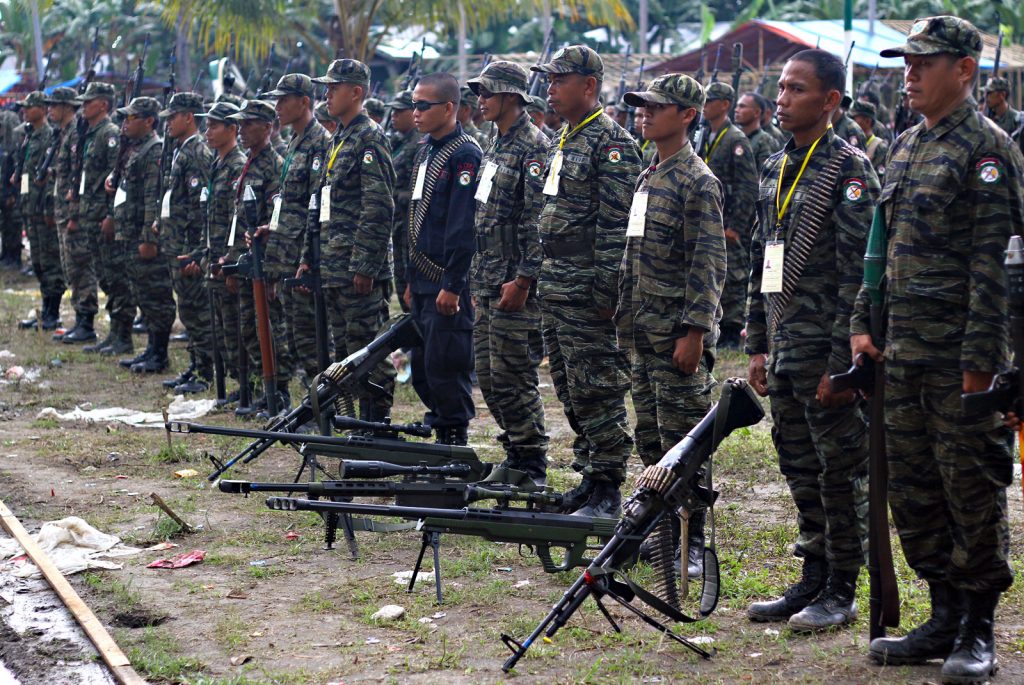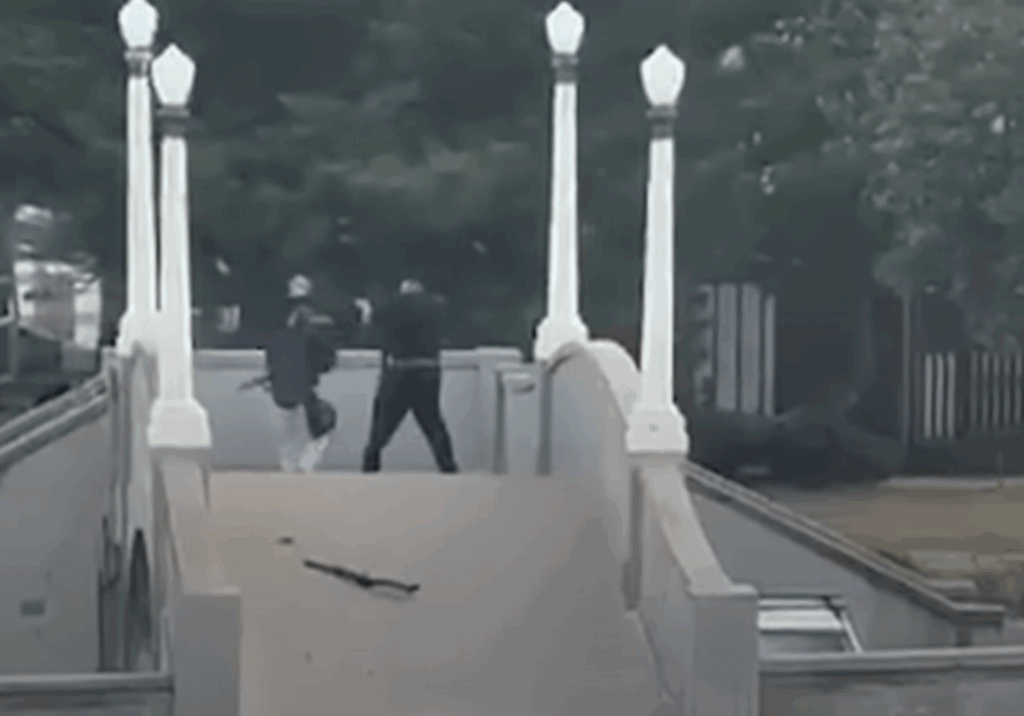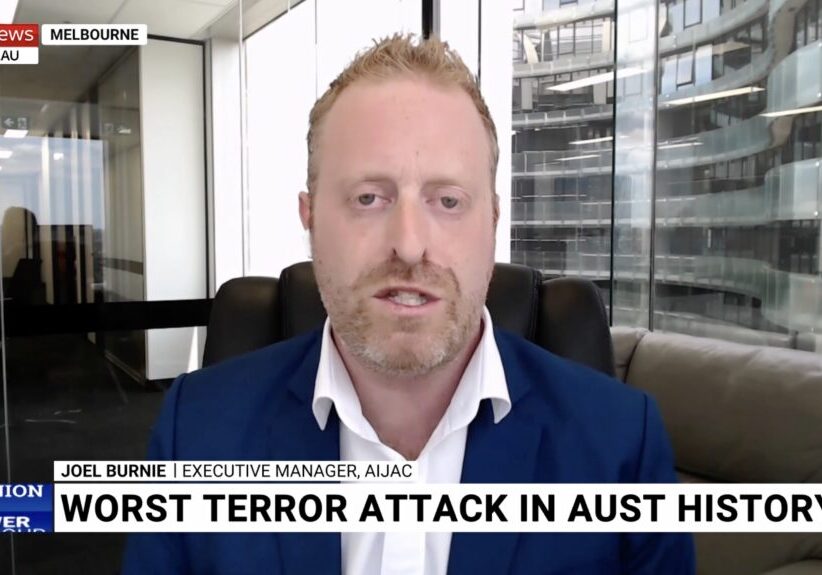Australia/Israel Review
Asia Watch: Staying the course?
Jun 30, 2022 | Michael Shannon

The path towards self-government for Muslims in the southern Philippines is lined with potholes and potential roadblocks. These include militant holdouts – Islamic State-aligned jihadist groups – but also doubts about political leadership at the highest level, namely the incoming administration of Ferdinand Marcos Jr.
The Bangsamoro Autonomous Region in Muslim Mindanao (BARMM), the fruit of the 2014 peace agreement between the Philippines government and former rebel group the Moro Islamic Liberation Front (MILF), is still in its infant stages, all the while trying to avoid the failings of the previous experiment in self-governance – the now-defunct Autonomous Region in Muslim Mindanao (ARMM) of 1989-2019 – sunk by corruption and mismanagement.
The interim Bangsamoro parliament formally opened its fourth regular session on June 14 with the aim of legislating the four remaining priority codes mandated in the Bangsamoro Organic Law, the region’s charter. Since early 2020, it has faced the major challenge of passing a swath of laws to govern everything from tax collection to civil administration, while establishing a parliamentary system of government. Furthermore, its leaders had no legislative experience and faced major disruption during the COVID-19 pandemic.
When it became clear that the interim legislative body could not pass all the laws required for an elected government to take over in May 2022, the Bangsamoro Transition Authority (BTA) – headed by MILF leaders – successfully lobbied President Duterte to delay parliamentary elections from 2022 to 2025.
The delay carried clear risks in a region plagued by separatist violence for decades. The crucial process of decommissioning MILF rebels and their weapons is not yet complete, and Islamist jihadi groups remain a threat, despite being largely confined to operating in remote marshlands and outlying islands – at least for now.
It was envisioned that the entire 40,000-strong contingent of the MILF’s Bangsamoro Islamic Armed Forces (BIAF) would be demobilised and turn in their weapons by mid-2022. By March 2020, the first two phases were complete, but the pace then slowed to a trickle when COVID-19 arrived. Demobilised fighters received initial cash handouts, but wider welfare support programs have yet to be fully delivered.
Of course, not all combatants in Mindanao are intent on giving up their arms. Radical groups which splintered from the MILF and its precursor, the Moro National Liberation Front (MNLF), are still active.
The Bangsamoro Islamic Freedom Fighters (BIFF) broke away from the MILF in 2008 over the peace negotiations with Manila, but its influence is fading, with members split over a past pledge of allegiance to the Islamic State. The Philippines military claims there are just a few hundred BIFF rebels remaining and has pledged an intensified campaign.
In recent weeks, at least seven BIFF fighters laid down their arms and surrendered to military authorities. “We were convinced by how our former comrades who surrendered earlier are now living normal and happy lives,” said one. As of mid-June, the military has listed 132 former BIFF rebels who have surrendered, encouraged by a reconciliation program aimed at improving their communities.
Meanwhile, on the outer edges of the BARMM in northern Lanao and the Sulu islands, other militants continue in smaller numbers in the Maute Group and Abu Sayyaf. Although notionally aligned to the Islamic State, these groups have been unable to carry out anything beyond low-scale attacks in recent years, nor have they been able to derail the government-MILF peace process.
The military scored a major win just weeks ago when two notorious Abu Sayyaf lieutenants voluntarily surrendered at the military headquarters in Sulu. Almujer Yadah and Ben Quirino are believed to be implicated in kidnappings and beheadings of tourists and captured soldiers over more than 20 years.
The reason for the surrender? “Because they were always on the run, have no place to hide, [were] exhausted and often experienced starvation,” said army spokesperson Lt. Col. Alaric de los Santos. “They also revealed that they no longer have the support of the community and were asked to stay away.”
The outstanding question is the path incoming president Marcos will take, because his campaign – based upon airbrushed nostalgia for the era of his father – revealed little about his intentions. Initial scepticism about the 2014 peace deal gave way to lukewarm support, then vociferous opposition when it was politically advantageous for the then Senator Marcos.
We will know soon enough if Marcos appoints military hardliners or plays hardball with the MILF, which made the understandable if ill-advised decision to support Marcos’ election opponent, Leni Robredo. Marcos’ large winning margin means he owes no favours to the South and its still fragile peace deal.
Tags: Asia, Islamic Extremism, Philippines






